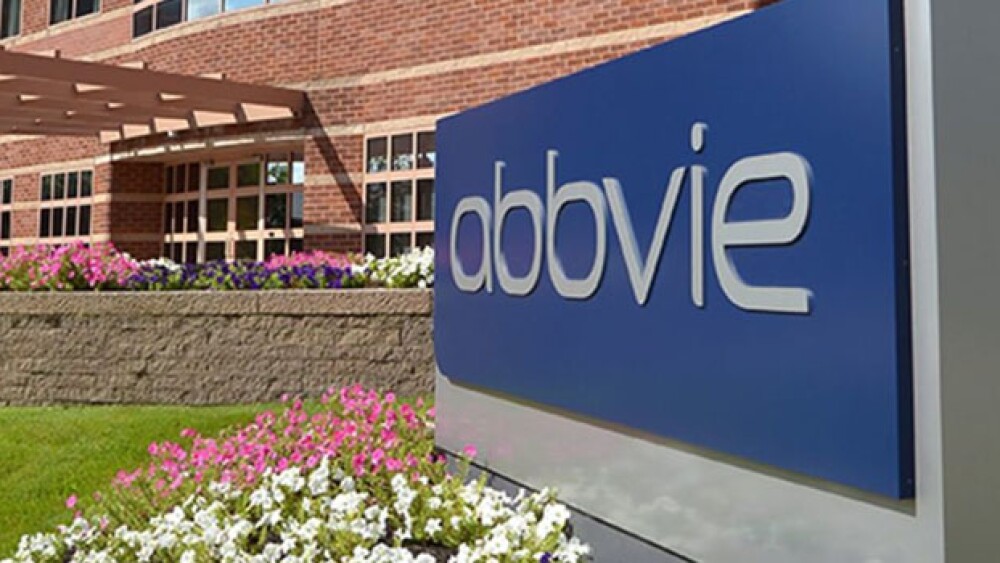AbbVie’s Humira is the world’s best-selling drug that generated more than $18 billion for the Illinois-based company last year. This week though, the company will begin to see challenges to Humira in Europe from biosimilars developed by Amgen and Novartis, as well as others.
AbbVie’s Humira is the world’s best-selling drug that generated more than $18 billion for the Illinois-based company last year. This week though, the company will begin to see challenges to Humira in Europe from biosimilars developed by Amgen and Novartis, as well as others.
Today marks the first day that the companies can begin to challenge Humira with biosimilars in Europe, per deals Illinois-based AbbVie has struck to protect its cash-cow. Humira has been approved to treat multiple indications, including rheumatoid arthritis and Crohn’s disease.
While the biosimilars are now available in Europe, Humira will remain unchallenged by the companies in the United States until at least 2023, according to the deals. Amgen is rolling out Amgevita across Europe today, Reuters reported, while Novartis’ Sandoz unit will begin to sell Hyrimoz in Britain and then later sell the drug across Europe.
In addition to the Amgen and Novartis biosimilars, Humira will also be challenged by biosimilars developed by Samsung Bioepis and Mylan.
Biosimilar competition is becoming fierce as multiple companies are fighting for space to develop biosimilar therapies that will challenge traditional drugs manufactured by rival companies.
The bulk of AbbVie’s $18 billion in 2017 was made in the U.S., but about $4 billion came from European markets. During the first quarter of this year, Humira generated $4.71 billion. Reuters reported that many of the state-controlled healthcare plans are eager for the availability of the biosimilars in order to drive down some costs. In its report, Reuters said that prices for the Novartis and Amgen biosimilars have not yet been announced, but are expected to be a savings for health systems and patients.
Biosimilars, which are made inside a living cell, are always uniquely different in composition, which differentiates them from generic drugs, which are exact replicas of other drugs. They have been widely available in Europe since 2006, but the U.S. Food and Drug Administration (FDA) only granted the right to review and approve them when Obamacare was passed in 2010.
While AbbVie will begin to see an erosion of Humira sales in Europe, the drug will still be free from biosimilar competition in the U.S. until 2023, despite the fact that the main patent protecting the drug expired two years ago. However, The Wall Street Journal noted that AbbVie has secured more than 100 additional patents for Humira, providing a hedge of legal protection for its chief drug. The additional patents cover things such as the manufacturing process of the drug, as well as other narrow aspects. These additional patents remain in effect for years to come. It’s through these patents that AbbVie has been able to stave off biosimilar competition in the United States, despite the fact that the FDA has approved two biosimilars to Humira, including Amgen’s Amgevita and a biosimilar developed by Boehringer Ingelheim.





